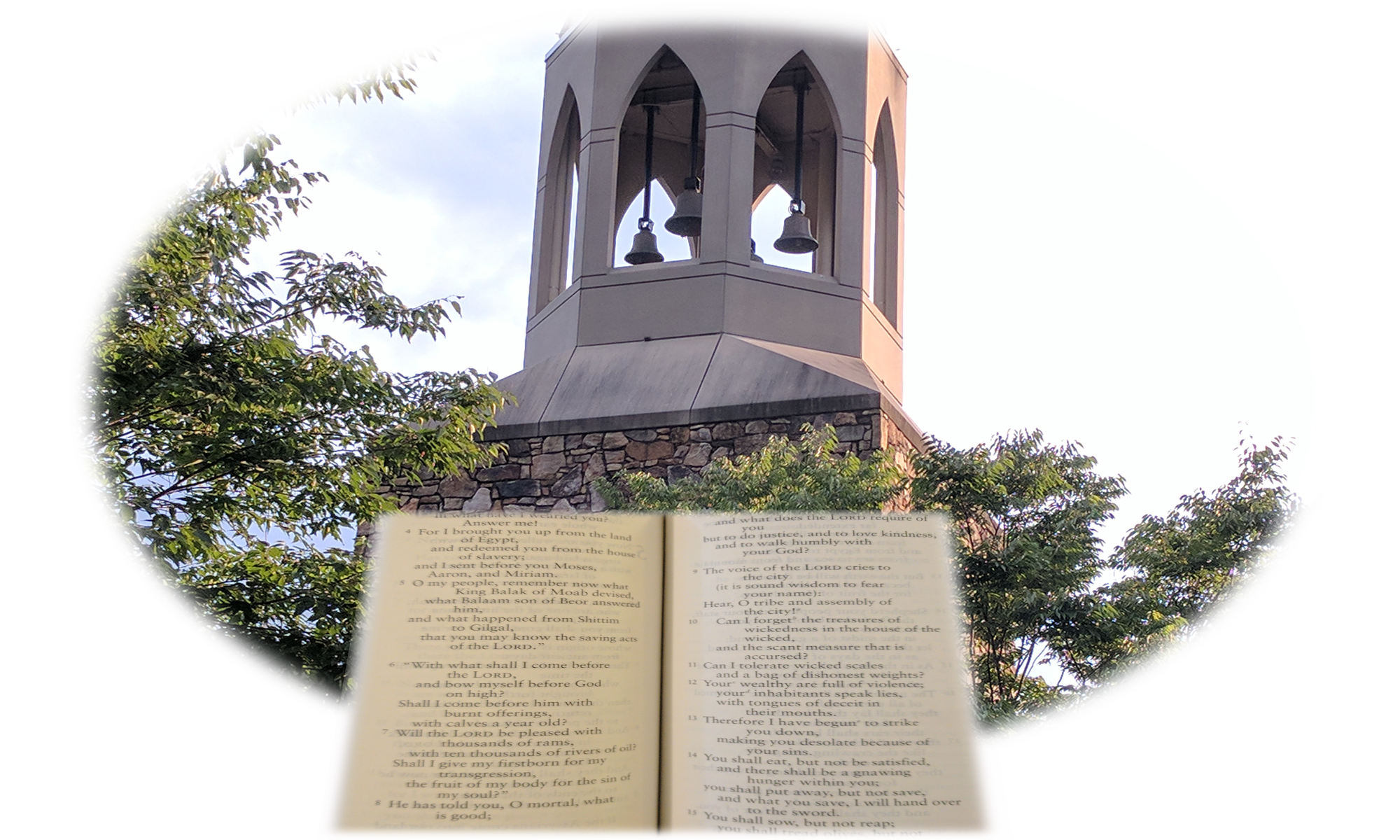Since the 2nd century John’s Gospel has been described as a spiritual Gospel rather than an historical account. This spiritual Gospel is also potentially the most anti-Jewish document in the New Testament. John consistently uses the term “the Jews” to refer to Jesus’ opponents, for example, even though Jesus himself and all of his earliest disciples were also Jews.
How can today’s church reconcile our theological dependance on John’s Gospel with its anti-Jewish perspective and the prejudicial ways it has been used? What is our responsibility in light of such usage? Can we benefit from the spiritual insights John offers without accepting its anti-Jewish perspective? These are some of the questions we raise as we read through John’s Gospel.
The class focuses on what Clement of Alexandria (c. 150 – c. 215 CE) meant when he said that after the others had written “the facts of history” John wrote a “spiritual gospel.” What did he mean by this, and how should it influence the way we read John’s Gospel?

One Reply to “A Spiritual Gospel: John and the New Testament Origins of Christian Anti-Judaism”